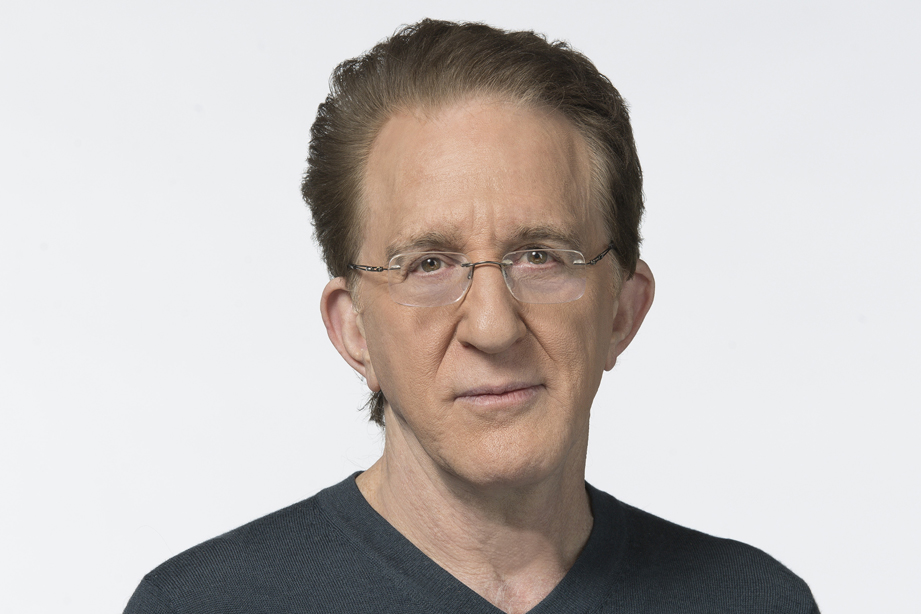Dr. Brian Goldman to MC 2020 KBHN Conference
October 6, 2020 | 2020 Conference, News

When participants log into Kids Brain Health Network’s first-ever virtual conference in November, they’ll hear a familiar voice: that of Dr. Brian Goldman, host of White Coat, Black Art, the CBC’s long-running, popular radio series about the world of medicine. Besides being one of Canada’s top medical-science communicators, Dr. Goldman is also an experienced event speaker, a veteran physician, a healthcare-quality advocate, and the adopted father of a teenager living with fetal alcohol spectrum disorder (FASD). For these reasons, Brian Goldman is the perfect match of the right experience and understanding to host the KBHN conference.
Goldman will also be leading a Q&A session about what it is like to parent a child with FASD. “The key thing that parents—and teachers—need to know can be summed up in the phrase: ‘Can’t, not won’t,’” he says. He further explains that the disorder causes behavioural symptoms that adults often attribute to a “bad attitude” rather than prenatal alcohol exposure.
He’d like everyone to know that FASD is common and probably even more common than autism spectrum disorder. More importantly, both conditions deserve attention, support and detection. “It can be hard at times to make a diagnosis,” Goldman says. “For my family, it took a long time to know what was going on.”
With the right support, kids with FASD have a better chance of avoiding complications such as depression, substance abuse or involvement with the criminal justice system. “Those who make it into their 30s with few of those secondary effects often do quite well,” Goldman says. “That’s what my partner Tamara and I are hoping for.”
Goldman, who has always been curious about the puzzles of neurology, is looking forward to hearing about recent projects related to other neurodevelopmental and learning disabilities as well—particularly investigations into their prevalence. “A lot of these conditions are rare, but some are not,” he says. “And when you add them all up, they affect a lot of families. If they speak with one voice, they can be a powerful influence for more research.”
As each day of the conference draws to a close, Goldman will summarize the discussions. He says that part of what helps him communicate clearly about science and healthcare—whether at an event where patients and families are present, in writing or on the air—is imagining what it would be like to be someone without a medical background. “It’s important to empathize with your audience,” he says. He also recommends focusing upon clarity as a goal instead of sounding smart, which is often the unconscious goal in a clinical or research environment.
KBHN aims to build the next generation of researchers and trainees to understand the importance of engaging with individuals and families affected by neurodevelopmental disabilities. For instance, it delivers an online certification course in partnership with McMaster University and CanChild called Family Engagement in Research, which builds skills for trainees and early career investigators (who have academic expertise) and families (who have lived experience) how to work together on important research questions. This often requires communicating clearly about complex medical topics. “That’s not an easy skill, and it doesn’t trivialize the information,” Goldman says. “It’s still smart, just in a different way.”
Written by Samantha Rideout
Register Now